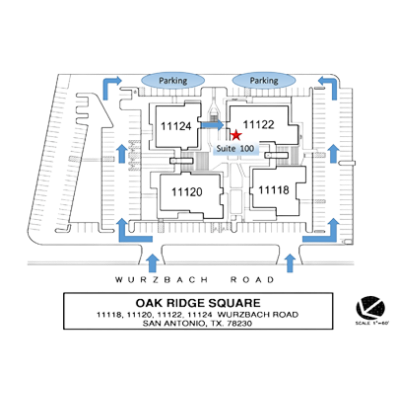Why Choose Glavy Law PLLC?
FREE CONSULTATION
(Applies to most estate planning matters)
FIXED FEES
(Available for most estate planning matters)
HOURLY RATES
(Available for employment, business, and real estate matters)
How We Help
What our clients say

Eloise C.
From our first meeting Mr Glavy made me feel at ease. After reviewing my documents he gave me a short summary of the course of action we could try and fees. Mr Glavy and his secretary Ms Lapp kept me informed on transactions or lack of (due to pandemic) or obstacles. The Glavy firm did a terrific job and I will be using them again in the future.
Thomas H.
Bud did an incredible job of helping me prepare for my case, and representing me during the hearing. We achieved exactly what we set out to do, and Bud kept me informed every step of the way. I felt prepared and at-ease during the whole process, and could not be happier with the result. Thank you Bud!







